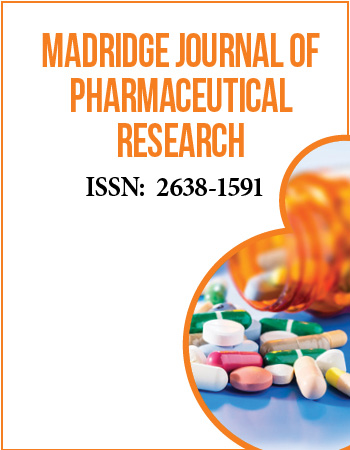2nd International Conference on Pharma & Nutrition, Health and Aging
August 1-2, 2019 Valencia, Spain
New Alternative Protein Sources in Animal Nutrition
University of Veterinary Medicine, Hungary
The General Food Law (Regulation (EC) 178/2002, 1 GFL) sets the framework for EU legislation on food and feed and applies to all production stages. To date, European law is not conclusive on several issues regarding the use of novel protein sources in feed and food products. One of the major unclarities for feed applications is whether products with insects are considered animal-derived products or not. If so, it seems to be possible to put on the markets feed material using novel protein sources.
Studies on food safety of cultivated European insects are very limited and some normally safe insects may be unhealthy if they contain allergens or feed on plants originated from a polluted area. Entities breeding and converting insects into food should comply with Annex I and Annex II of Regulation (EC) 852/2004.
About 2% of 4000 varieties of algae can form neurotoxins and hepatotoxins that can accumulate in shellfish, crustaceans and fish. Regulation (EC) 767/2009 is valid for proteins deriving from algae and to date, no formal authorization and safety assessment is required. Out of the various novel protein sources which can be used for replacing current animal proteins in feed and food production, rapeseed is ready now for market introduction for food use. One of the limiting factors for the application of rapeseed proteins is that the content of phenolic acids is up to 30 times higher than in soybean or flaxseed. Application of modern processing technologies may lead to elimination of the majority of the antinutritive factors in rapeseed such as glucosinolates, phytates and tannates. Future research should focus on the effects of novel proteins having healthier characteristics in food and feed, as well as the degradation and accumulation of several substances during processing.
Keywords: alternative protein sources, food safety, legal background, unclarities, research trends.
Biography:
Eva Cenkvari completed her B.Sc. from Pannon University of Agricultural Sciences, Mosanmagyarovar, Hungary in the year 1986 and from University of Reading, Department of Agricultural Economics, Management and Marketing, Reading, United Kingdom in the year 1993. She completed her Ph.D from Pannon University of Agricultural Sciencs in the Department of Animal Nutrition, Mosonmagyarovar, Hungary and Hungarian Academy of Sciences, Budapest, Hungary in the year 1991 in Animal Nutrition and Feed Technology. She was a Senior Research Fellow in the Institute of Animal Breeding, Animal Nutrition and Laboratory Animal Sciences. She is the Faculty of Veterinary Sciences, Szent Istvan University, Budapest, Hungary from 2000 – at present. She was also a Senior Research Fellow in the Department of Animal Nutrition in Pannon University of Agricultural Sciences, Mosonmagyarovar, Hungary in the year 1991-1998. And she was also a Research Fellow in the Department of Animal Nutrition in Pannon University of Agricultural Sciences, Mosonmagyarovar, Hungary in the year 1986-1991.


